How the seasons can affect our horses
How do the seasons affect horses in Australia? The change of the seasons can affect our horses in ways other than what we as horse owners know and or...

With a solution-focused approach, we collaborate closely with clients and consultant teams to align on scope, time frames, design objectives, and cost. We’re committed to delivering a strong return on your investment. Are you interested in our work in the commercial and industrial sectors?

Our client, a vet and sheep farmer, needed a shearing shed and yard cover designed for efficiency and innovation. Partnering with our team, he collaborated with fit-out providers to create two custom steel structures tailored to his farm’s needs. His farm is now equipped for better working conditions and long-term success.

Providing Industry-Leading Steel Building Solutions
Central Steel Build, committed to innovation, quality, and customer satisfaction, has solidified its reputation as an industry leader. We're revolutionising agricultural structures, and transforming how farmers and producers approach building solutions. If you’re interested in our work in the agricultural sector, read the article to discover how we’re transforming building solutions.

Oritech combined office and warehouse
Oritech Pty Ltd partnered with us to build a modern office and warehouse facility in Mitchell Park, Victoria. The design featured innovative L-shaped tilt panels for both function and style. Using our Pro. building approach, we delivered a durable, cost-effective, high-quality solution. Seamless collaboration ensured the project was completed on time and within budget.
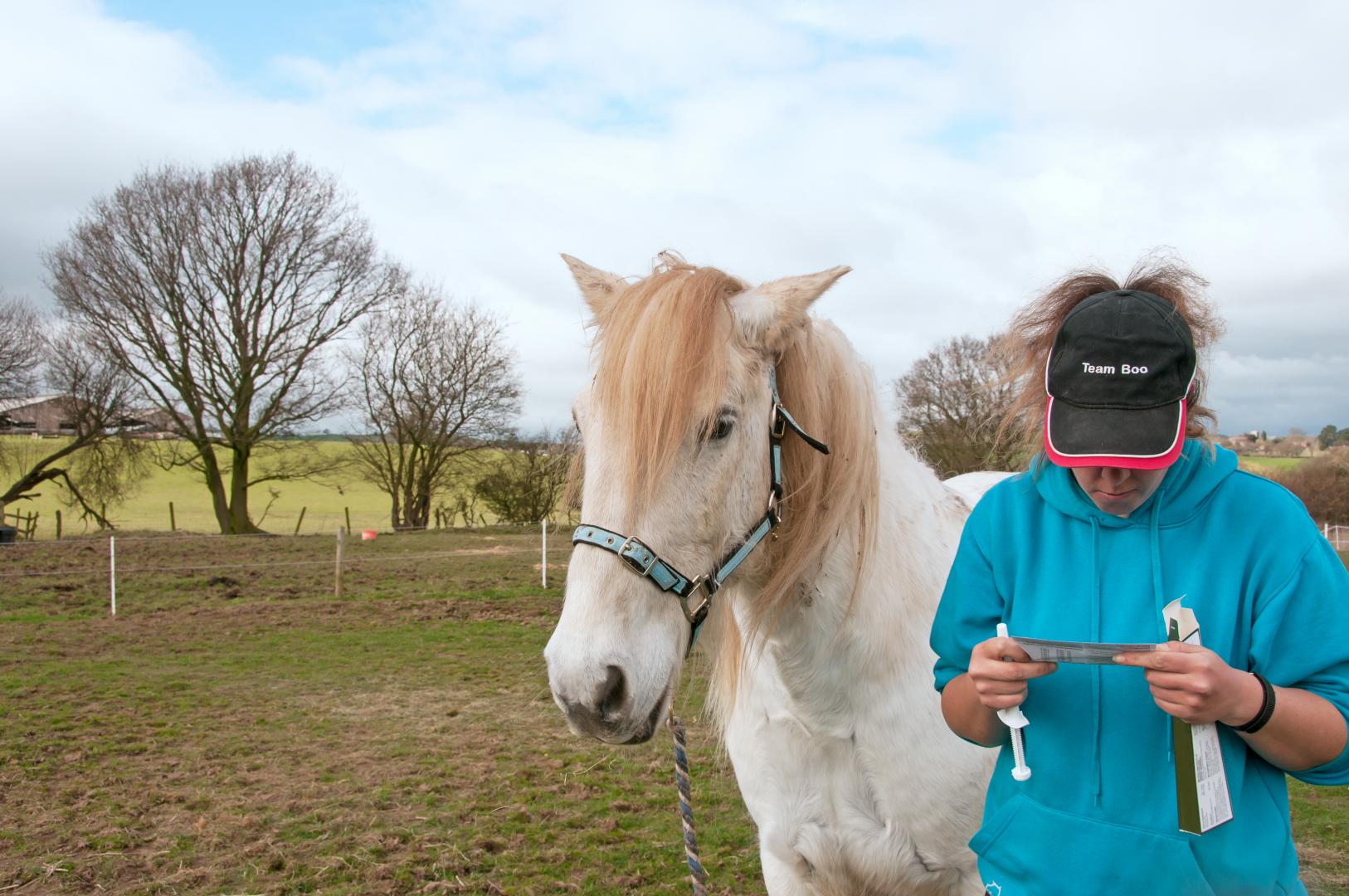
Most of us won’t believe it (because of the crazy weather we have been experiencing), but Spring is just around the corner. And that means warmer weather and longer days, the perfect weather for parasite larvae to thrive. There are so many options on the market theses days for working a horse, it can feel like throwing a dart at a dartboard. Here is a overview of tips to successfully keep your horses worm free this Spring.
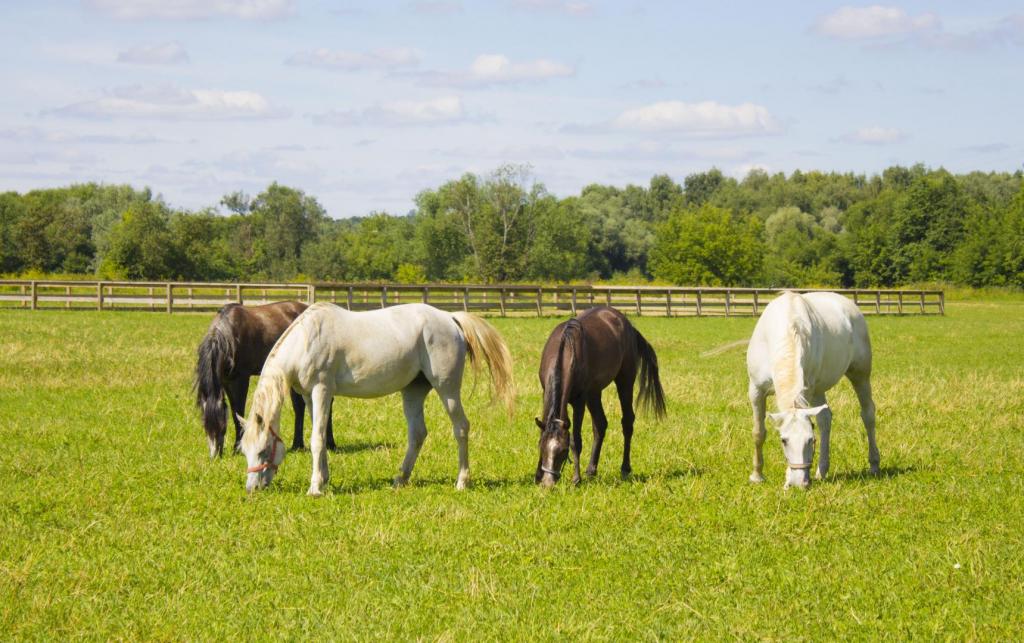
The most important reason to worm your horse is to prevent parasitic disease by slowing pasture contamination with parasite eggs and minimize the development of parasite resistance to wormers in your horse. The most concerning intestinal parasites in horses are small strongyles or cyathostomins. Small strongyles can cause disease because larval burrow into the walls of the horse’s colon where they form cysts around themselves and can remain dormant over long periods of time. These cysts can interfere with the normal function of the colon, or cause sever colitis if mass emergence of larvae emerge from them.
There is no ‘one size fits all’ in relation to worming horses. The frequency and type of wormers depends on factors such as how many horses you have, their age and susceptibility to parasites. Checking with your local vet is a good idea before beginning a worming schedule to get a faecal egg count performed.
Most adult horses need to be wormed twice a year. You should aim to worm your horse in months of mild weather (spring and autumn) as the larvae is most active in those conditions. Some horses are more susceptible to parasites than other, and will need to be wormed more often. To find out more about how often to worm your horse click here.
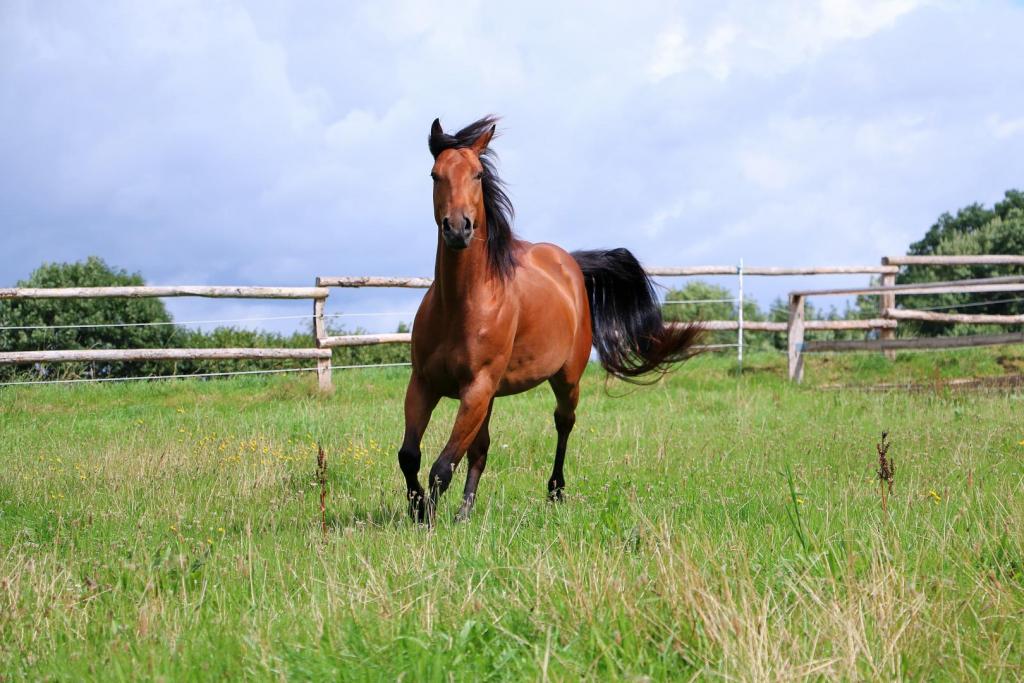
The use of wormers (paste or powder) to remove intestinal parasites is now common practice. Worming recommendations have changed over time to reduce resistance of parasites to the medication.
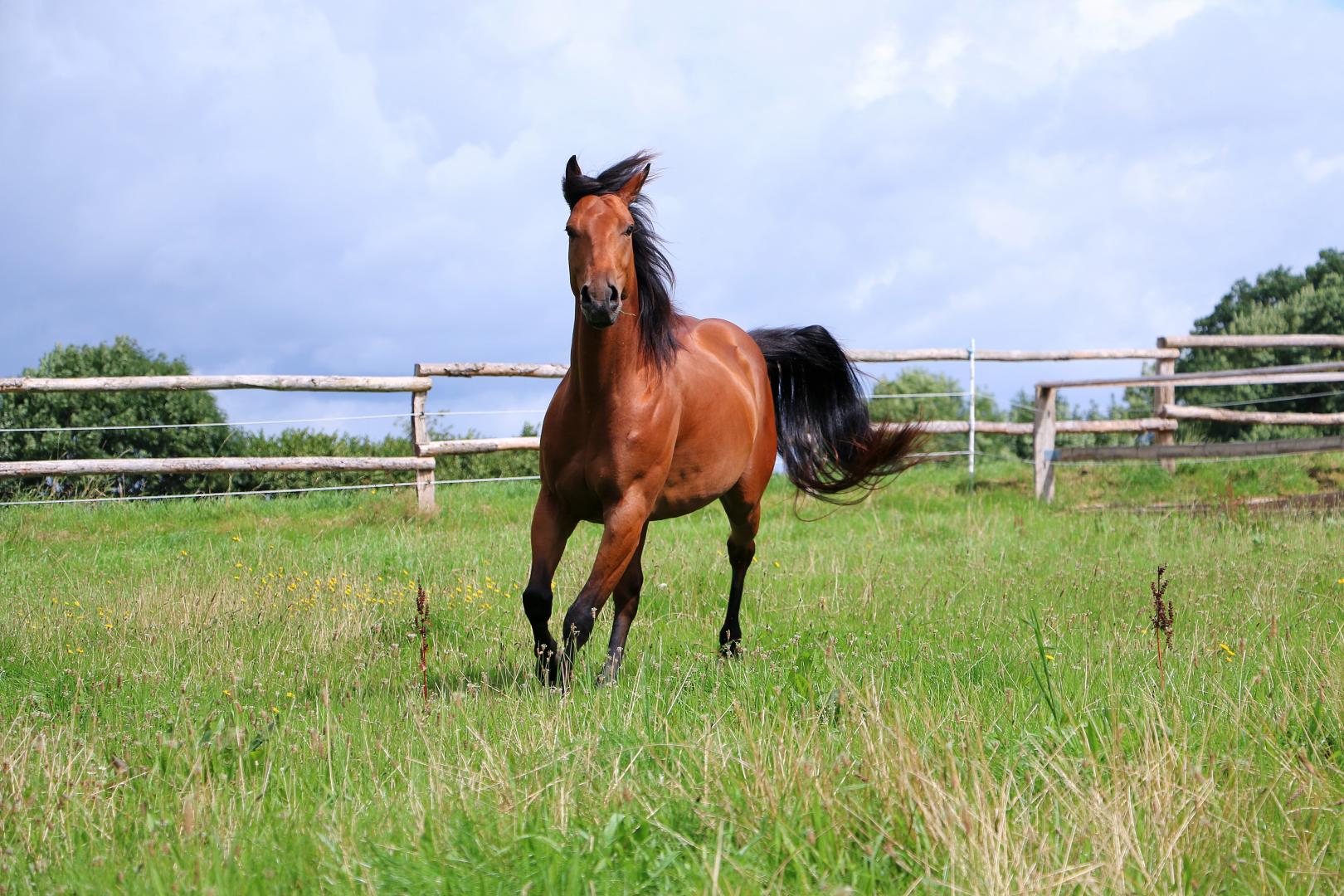
How do the seasons affect horses in Australia? The change of the seasons can affect our horses in ways other than what we as horse owners know and or...

Winter is upon us once more and its just as freezing, dark and gloomy as ever. Although our winter conditions aren’t as harsh as some other countries...
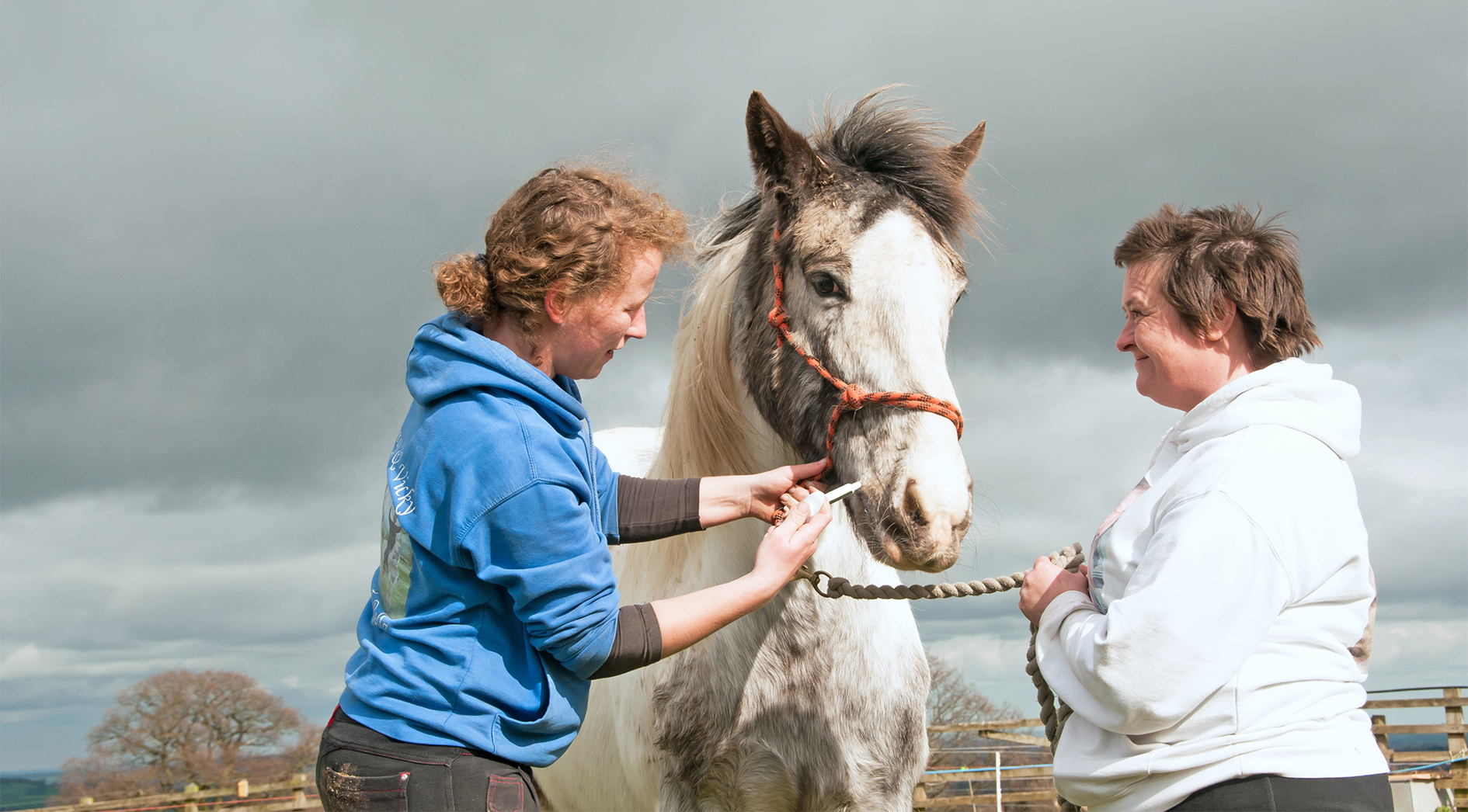
The best way to worm your horses this Autumn Horse owners look forward to the benefits of Autumn weather, perfect sunny days with a cool relief to...